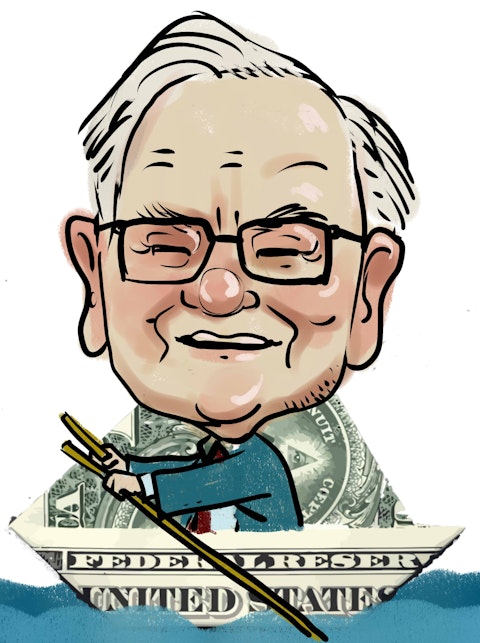
Generally speaking, GE is showing positive traction and could regain much of the market value it has lost over the last five years. The diversified products company is down 40% over this stretch, while the S&P 500 Index is relatively flat. Recent quarterly results met estimates but also managed to show order growth of 15% year over year for GE’s energy division. The rising global energy demand, including the initiative toward fossil fuel alternatives is mostly what’s behind this order growth.
Aviation is another key segment for GE that has been weak since 2009, but it is showing signs of recovery due to an increase in commercial air traffic. Last quarter total orders for the aviation segment were up 14%, with commercial engines up 14% and military engines up 15%.
On the whole, revenues are expected to be up 2% in 2012 and then 4% in 2013, on the back of long-cycle energy and technology business growth. We are also encouraged by GE’s international presence, with more than 50% of total revenue coming from emerging markets. These major markets include China and India, which have been buying up locomotive and power turbines, among many other key transitional products. With nearly $85 billion in cash on hand, GE should be able to continue making key acquisitions and have no problem paying its current 3.5% dividend yield, which is an annual payout of only $8 billion.
Other major diversified tech companies include Siemens AG (NYSE:SI), United Technologies Corporation (NYSE:UTX), 3M Co (NYSE:MMM) and The Boeing Company (NYSE:BA). Siemens is an integrated tech company that also pays one of the highest dividend yields in the industry at 3.6%. The payout is only 50% and Siemens also boasts the highest 5-year earnings expected growth rate of our five major diversified tech companies at 60%. This, coupled with its industry-low 11.5x forward P/E, and a 0.9x P/S makes Siemens one of the best opportunities in the space at the moment. Siemens also called billionaire investor Ken Fisher its top fund owner in 3Q (check out Ken Fisher’s newest picks).
United Technologies recently competed its purchase of Goodrich, which should prove to be a long-term positive for the company. This diversified tech products player also pays a dividend – yielding 2.7% – that is only a 35% payout of earnings. Even with the expected boost from the Goodrich acquisition, United Technologies’ expected long-term earnings growth rate comes in 10 percentage points below GE’s. United Technologies is still one of Dan Loeb’s big bets, though, so there’s some support from the smart money here (see all 5 here).
3M, meanwhile, appears to be one of the more expensive stocks in its industry. This tech-products company trades at 13.5x forward earnings and the highest P/S of the bunch at 2.2x. The company also has the lowest 5-year expected earnings growth rate of 10% (annually). Ray Dalio is one of the big-name investors owning 3M (check out Ray Dalio’s big bets).
Boeing trades the highest on a valuation basis with a 14.5x forward P/E and the lowest dividend yield at 2.4%. Although Boeing has solid expected long-term earnings growth – 5-year 12% CAGR – we remain cautious given its overweighting in the airline industry. The aerospace company also has the lowest EBITDA margin of the five stocks listed here, at 10%. Boeing had billionaire Jim Simons upping his stake by 170% last quarter, though, as stabilizing fuel prices can at least act as a decent near term tailwind (see Jim Simons’ other top picks here).
We agree with the likes of Warren Buffett and George Soros that GE is in its industry’s elite; one of GE’s top billionaire investors was George Soros, whose fund had 2.5% of its 13F invested last quarter (check out George Soros’ newest picks). GE also sports one of the top EBITDA margins in the industry at 25%, and between the company’s superb product diversity and strong international presence, there are plenty of reasons to be bullish.




